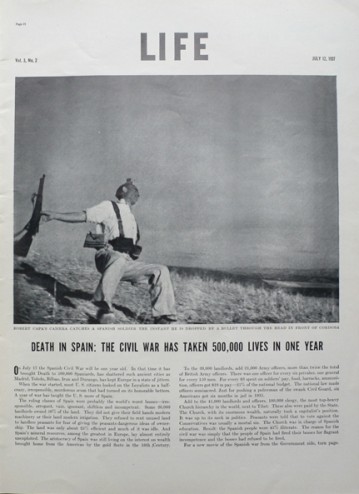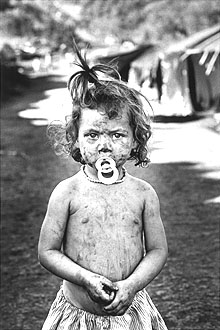Henry Cartier-Bresson, Robert Capa, Man Ray, Sebastiao Salgado, Vink, JeanLoup Sieff …
Henry Cartier-Bresson
“To take a photograph is to align the head, the eye and the heart. It’s a way of life.”
Henri Cartier-Bresson was a Magnum founder and a full Member since 1947.
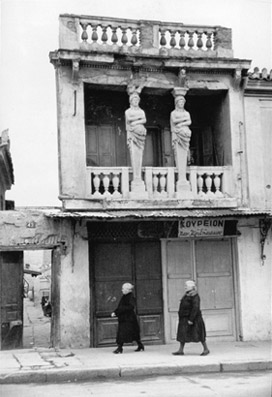
Athens, Greece, 1953, © Henri Cartier-Bresson / Magnum Photos
Henry Cartier-Bresson – Foundation
Henry Cartier-Bresson – Magnum Photos
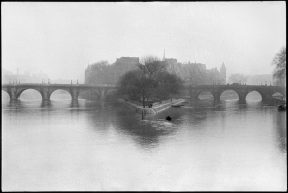 FRANCE. Paris. Ile de la Cité. Square of the Vert Galant and Pont-Neuf. 1951. © Henri Cartier-Bresson / Magnum Photos
FRANCE. Paris. Ile de la Cité. Square of the Vert Galant and Pont-Neuf. 1951. © Henri Cartier-Bresson / Magnum Photos
Tete a Tete: Portraits by Henri Cartier-Bresson
(a 1999 exhibition at the Smithsonian Institute)
MoMA | The Collection | Henri Cartier-Bresson (New York)
Henri Cartier-Bresson – Collection of the Winnipeg Art Gallery (Canada)
Special Report: Henri Cartier-Bresson (Guardian)
Cartier-Bresson’s Impact On Photojournalism
Robert Capa
Robert Capa – In Love and War
(Proving that Robert Capa’s “Falling Soldier” is Genuine: A Detective Story)
The Magnificent Eleven: The D-Day Photographs of Robert Capa
Robert Capa, in Focus – TIME
Robert Capa, the legendary Hungarian-born photojournalist who set the prevailing standard for war photographers, spoke seven languages – none very well. He didn’t need to. For over 20 of the bloodiest years of the 20th century, Capa let his cameras do the talking. “If your pictures aren’t good enough, you’re not close enough,” he famously declared.
Man Ray

© Man Ray
Sebastiao Salgado
Sebastiao Salgado Photos (New York Times)
“I came to Brazil to photograph a story about the peasants fighting not to come to the cities, because this for me is one of the last resistance movements in the world.” Sebastiao Salgado
John Vink
![]()
Themes is a bimonthly documentary photography magazine and all the texts are both in English and French. Themes is edited by John Vink,associated at Magnum photo.
The Last Edition is Theme5
Jeanloup Sieff
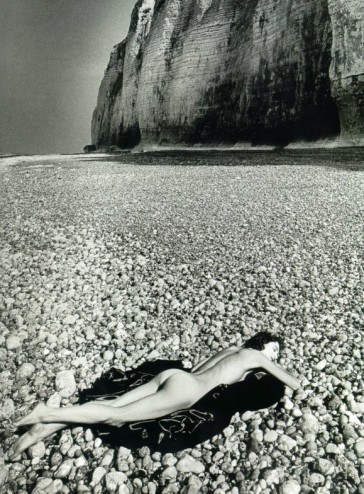
The flying carpet, Normandy, 1989 © Jeanloup Sieff
Jeanloup Sieff – Site Officiel
Photography-Now – Jeanloup Sieff
“He photographed fashion for many of the most influential magazines including Harper’s Bazaar, Vogue and Esquire. His reputation, however, lies mainly in his nudes, in which he frequently managed to convey a sense of the ethereal and of detachment for example ‘Homage to Seurat’ (1964) and ‘The Flying Carpet’ (1989). He also photographed a number of celebrities such as Jane Birkin, Yves Montand and Rudolf Nuryev. Sieff’s work was not solely confined to figurative studies, as he also executed many highly distinctive landscapes.”
